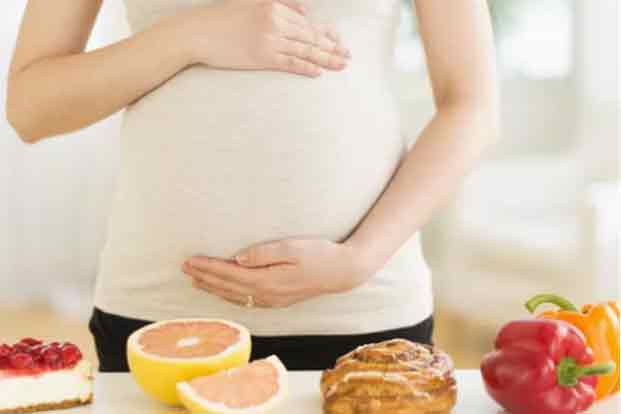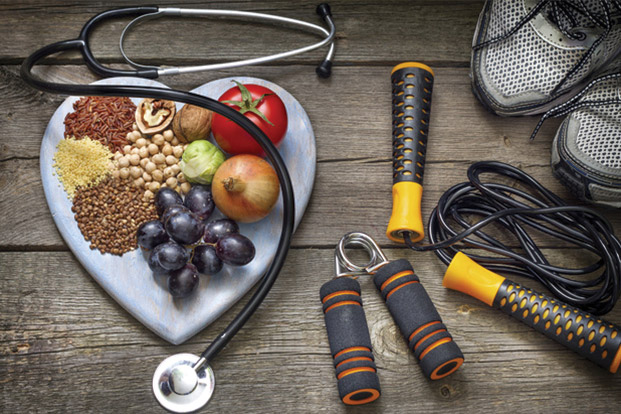Diet In Pregnancy
Apr 19, 2022
It’s always important to eat a balanced diet and it’s more important when you’re pregnant because what you eat is the main source of nutrients for the fetus.

Healthy eating is of great importance during preconception and pregnancy. A healthy diet in pregnancy is important for better development of growing fetus to develop fully. What you eat is more important than simply adding calories to your plate. A balance diet in pregnancy helps in overall well being of mother and baby. Often, women do miss on essential nutrients which contribute towards maternal and fetal well-being. While it is true that you should eat good diet and include foods from all food groups to ensure proper growth and development of the fetus , try not to miss on the any of nutrients and include them in your diet one way or the other.
Key Nutrients You Need During Pregnancy:
- Calcium
- Iron
- Vitamin A
- Vitamin C
- Vitamin D
- Vitamin B6
- Vitamin B12
- Folate (Folic Acid)
What to avoid eating in Pregnancy:
Diet we encourage during pregnancy refers to fine-tuning of eating habits to ensure you are receiving adequate nutrition for the health of you and your baby. Healthy eating during pregnancy is critical to baby’s growth and development. In order to get the nutrients that is needed , pregnant woman must eat from a variety of food groups, including fruits and vegetables, breads and grains, protein sources and dairy products.
Pregnancy Tips:
In pregnancy eat out very often, here are a few tips to help you choose good options for you and your baby:
- Avoid oily and salt laden food items – occasional bread pakoraor burger is fine, but fast food can be high in fat and salt so don’t make it a regular part of your diet.
- Be sure of what you eat – Make sure you know which foods are not safe for you to eat during pregnancy
- Avoid raw stuff – Be careful about food and drinks which have curd, raw vegetables, water or ice.
- Avoid public places – During pregnancy, you are more vulnerable to catching infections so it is best to eat only at places with good hygiene levels
Foods to Eat
The goal is to be eating nutritious foods most of the time . To maximize prenatal nutrition, it is advised that you emphasize on the following five food groups: Fruits, vegetables, lean protein, whole grains and dairy products.
When counseling pregnant women, it is recommended that you fill half their plates with fruits and vegetables, a quarter of it with whole grains and a quarter of it with a source of lean protein, and to also have a dairy product at every meal.
- Fruits and vegetables: Pregnant women should focus on fruits and vegetables, particularly during the second and third trimesters. These colorful foods are low in calories and are filled with fiber, vitamins and minerals.
- Lean protein: Pregnant women should include good protein sources at every meal to support the baby’s growth, such as meat, poultry, fish, eggs, cheese, milk and nuts.
- Whole grains: It is an important source of energy in the diet, and they also provide fiber, iron and Vitamins . At least half of a pregnant woman’s carbohydrate choices each day should come from whole grains, such as oatmeal, whole-wheat or breads and brown rice.
Save









